We are seeing more frequent and more severe weather events as our climate changes, and all evidence points to that trend continuing. Here we have a list of ways to prepare yourself in the event of grid failure or absence of municipal services.
Storing emergency food and water:
City water systems will remain pressurized during power failures, but for those on a well, they require power to pump water up and fill pressure tanks. If you receive a local extreme weather warning that could lead to a power outage, fill a bathtub for toilet flushing and other emergency water uses. All you have to do is pour a bucket of water into the tank at the back of the toilet and it will flush as usual.
Storing drinking water: having enough drinking water to survive for several days (or more) is a wise idea, though be sure to use it and replace it on occasion before it goes stale. Storing it in clean glass water jugs will keep it tasteless compared to stainless steel or plastic.
Canned goods and many dried foods have long shelf lives but, like your water, put them into circulation for meals once in a while and replace them with newer items. This will also remind you to check your stock on occasion.
Refrigerators and freezers can hold the cold for a reasonably long period of time, longer if you don’t open them frequently or stand there with the door open. If you really want to shop around in your fridge when the power is out, pull the phone out of your pocket and take a picture of the contents and plan your meals that way.
Emergency power and lighting:
Lighting during power outages: Flashlights and headlamps with charged batteries are always good to have; alternatively (or in addition), you can keep wind-up devices. There are head lamps and even LED lanterns that can operate for hours or more on a single wind, however, to ensure a strong battery, you should wind them to full power on occasion rather than letting them sit there dead.
Candles and functioning lighters are a great back up, but even safer are battery powered LED candles. This eliminates any fire hazard if they are accidentally left on overnight.
Generators: Having a small gas-powered generator can be extremely helpful in a few ways:
They can be used at intervals to cool refrigerators and freezers, charge devices and computers, and to power emergency lighting and sump pumps, etc.
Most heating equipment requires power to begin operating but not necessarily to continue operating.
Remember that gas goes bad, so don’t keep a generator full unless you use it regularly. You can keep a small jerry can of gas to fill it, but every few months it’s a good idea to replace it. A small amount of older gas can be put into your car without a problem so you can refresh your emergency container.
Please keep in mind though, cities have less power outages than rural areas and we are not recommending that every home and condo owner run out and purchase a generator, nor are we suggesting you stockpile ammo for an impending zombie apocalypse. This is about sensible risk management and listing available options.
Home batteries: Many people who have photovoltaic solar arrays also have batteries to store power in emergencies, even if they are tied to the grid. There is nothing stopping you from getting a home battery without first hooking up a solar array, nothing except the price maybe. They are not cheap.
Basement flood prevention:
Sump pump battery backup: Most newly build homes with basements have sump pumps, but they require power to operate. And, the most likely time you will lose power is during a heavy storm, the very time you will most need a sump pump. Battery backups aren’t very expensive, particularly when you consider the value they offer in protecting your home from flooding.
Alternatively, you can dunk buckets into your sump pit to bail out the water and then empty them outside, but that can be a ton of work and not necessarily what you want to do all night long during a heavy rain and power outage. And that is only if you are even lucky enough to be home and able to do it in this situation. Heavy storms are to be expected during summer heat waves, when many people are on vacation and their homes are unattended. Read more here on basement flood prevention.
Communication: Land-line phones work in power outages, but good luck finding one of those these days. Many people have switched to cell phones only, or VOIP phones (that use the internet), which have the illusion and often quality of land lines but require a powered modem to operate.
Home batteries and generators can charge devices, but a very simple option to keep your phone powered is a portable power bank. Be sure to check how much storage it has before purchasing.
This will allow you to make calls and receive emergency text messages, but rarely do you find a phone with a radio, so having a wind-up or battery powered radio is a pretty cheap addition to keep on top of weather warnings and emergency notices.
Keeping warm during winter power failures:
If you don’t already have a heating system in place that can operate in the absence of power, then there isn’t much that can be done in a moment’s notice beyond bundling up and being patient or seeking shelter elsewhere. If you have a gas fireplace and have never used it as emergency heating, read our page on ‘Resilient home design’ for more information. And this kit might come in handy for fixing plants to a wall in an emergency along with some biodegradeable tree ties.
For more information on home safety and local emergency services visit the Government of Canada’s Get Prepared website.
Now you know about how to stay prepared at home for weather events and emergencies. Find out about resilient homes and lifestyles below and in the Ecohome Green Building Guide pages.
Discover all the benefits of a free Ecohome Network Membership here - promote your business and get access to discount pricing on select building materials. |





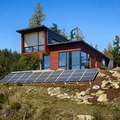

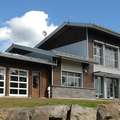






















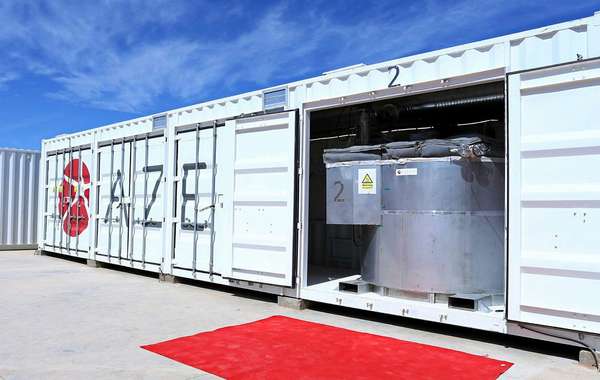
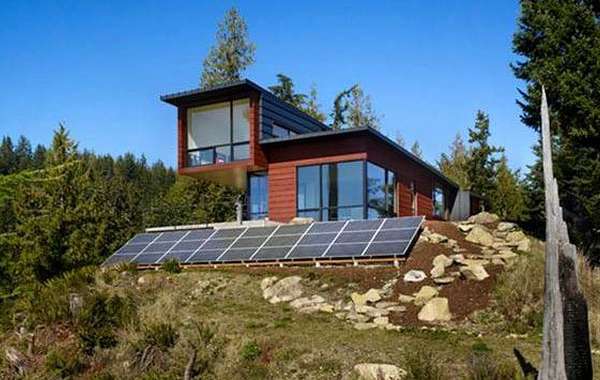
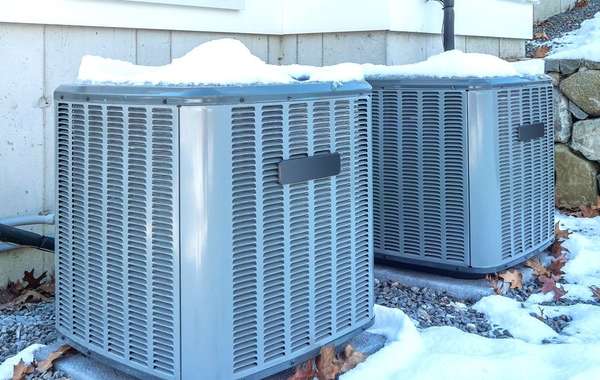
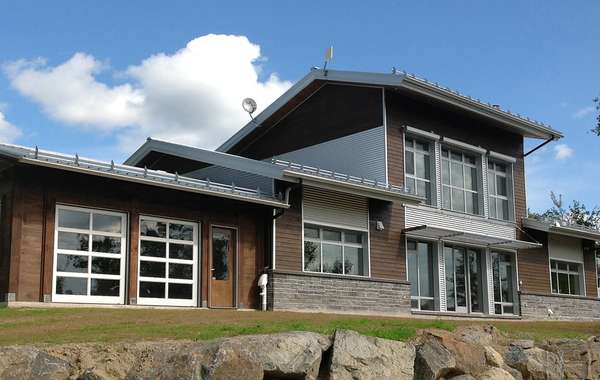
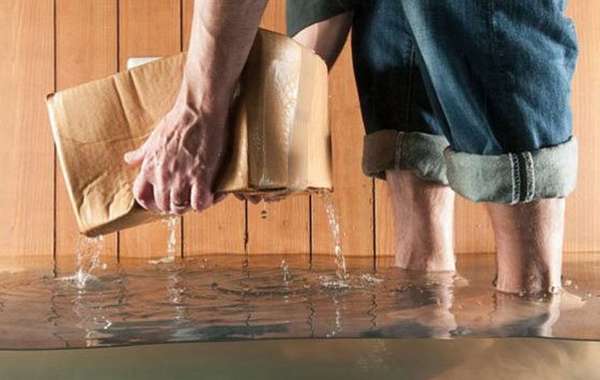
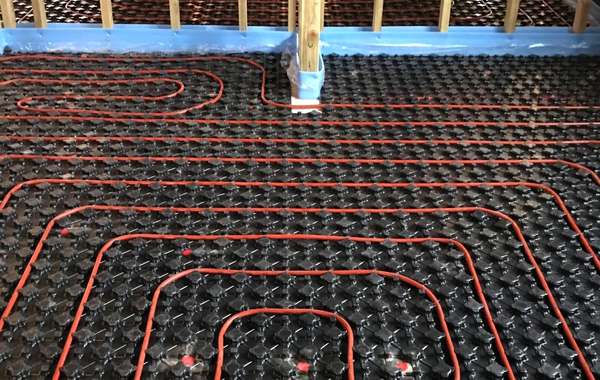

Comments (0)
Sign Up to Comment